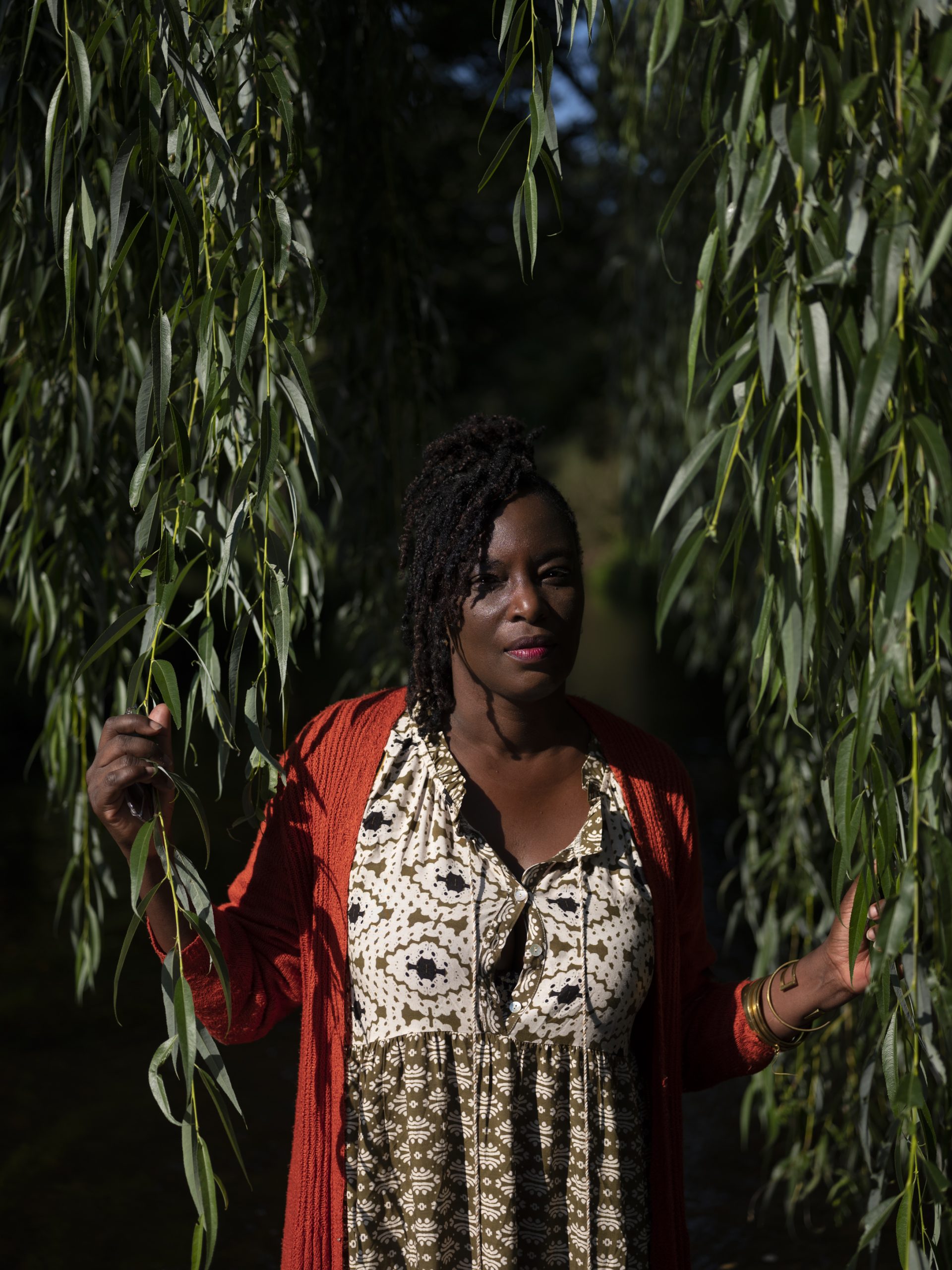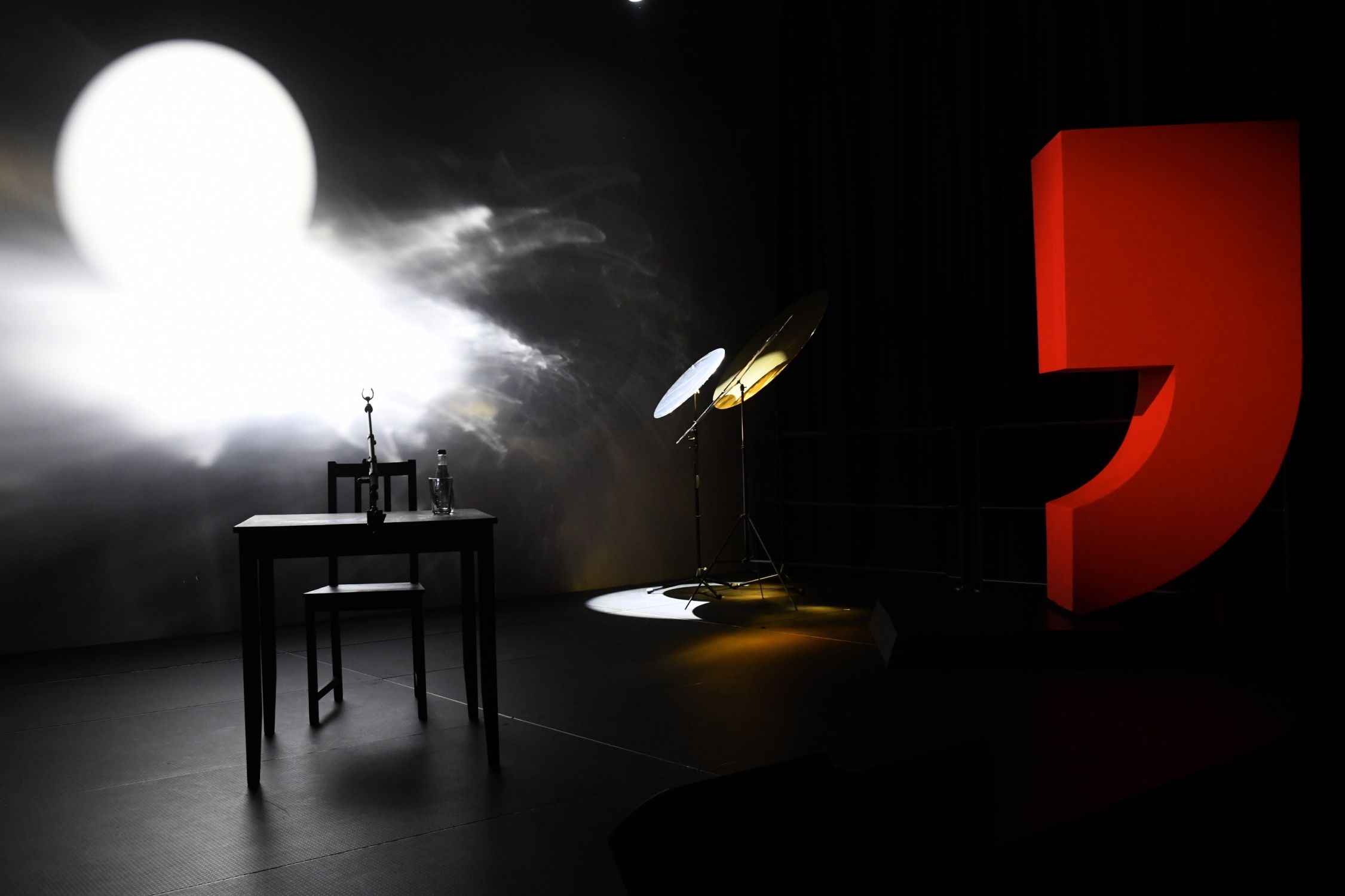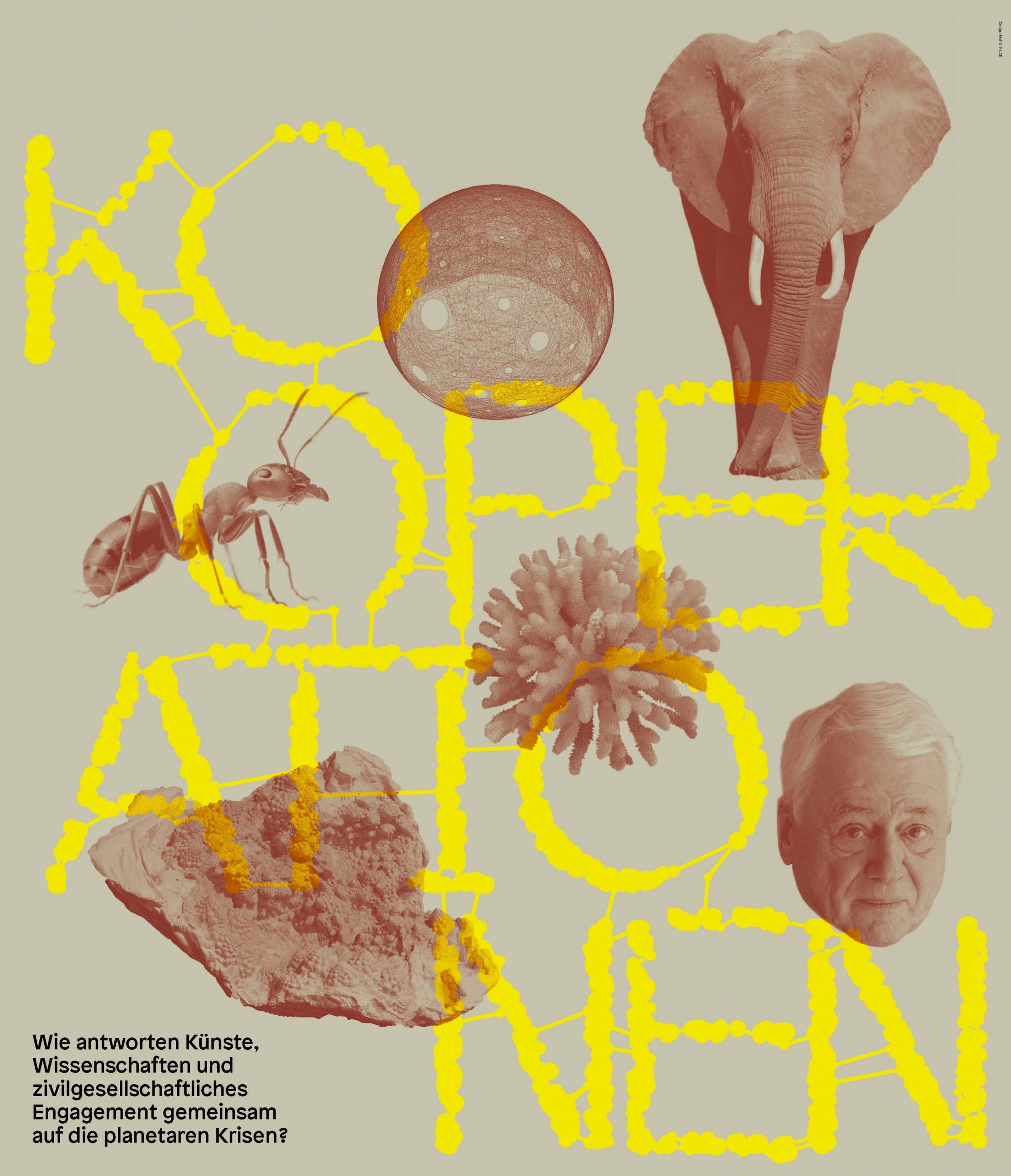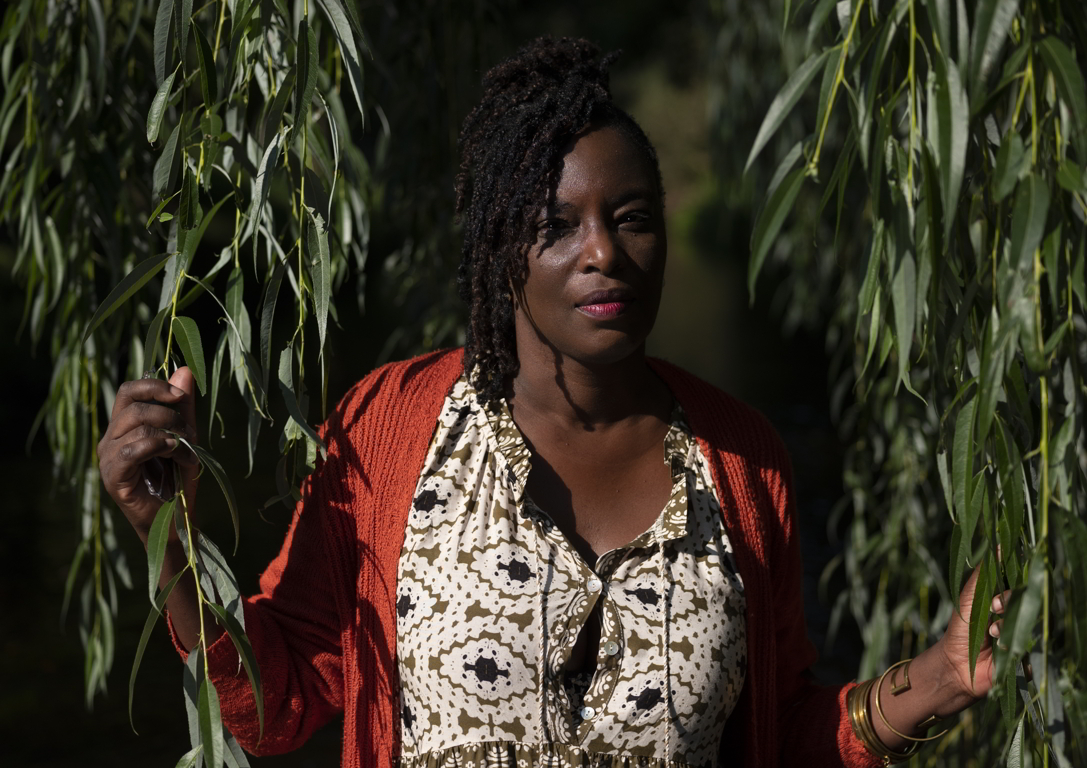Kenya, Literature, 2021
Yvonne
Adhiambo Owuor

Yvonne Adhiambo Owuor burst into the literary limelight in 2006 when she won the Caine Prize for African Writing. Ever since, she has contributed in no small way to expanding the global visibility of African writing and literary culture. Her writing, both fiction and nonfiction, captivates readers with its representation of African life in resonant and complex ways.
Owuor is one of the leading voices of contemporary African writing, in part, because of the underlying philosophy of language that animates her work. Her writing is a constant search for the complex ways that language—as poetry and as witness—shape our imagination of space, time archetypes, and memory. She harnesses the lyrical power of storytelling through a poetic language that doesn’t just reflect reality but also sees into the deep dark undercurrents of violence in history and collective life. Whether in a novel like Dust (2014), set against the 2007 post-election violence in Kenya or in a short story like Weight of Whispers, which explores the Rwandan genocide, Owuor invites readers to participate in a shared experience of trauma as a private experience and a collective reckoning. Thus, in defiance of an African literary tradition built on realist fiction as the privileged tool for challenging the symbolic grammar of colonization, Owuor sees language as the magic of holding clashing realities together so that African life can emerge in all the complexities of its history.
Her non-fiction writings also show Owuor constantly reaching towards an account of life that resists easy conclusions. Her essays, like her fictional works, grapple with tough questions about history, violence, and environmental degradation. What readers love about her is that, in giving an account of contemporary African worlds, Owuor refrains from offering easy answers. She reaches for something starker, what she calls in Reading Our Ruins, “a naked, visceral going deep to witness and access unseen perspectives that reveal another facet of the truth about the human condition.”
Her most recent work of fiction pushes boundaries in other ways. The Dragonfly Sea, for example, shows Owuor to be part of a new generation of African women writers taking the literary space by storm. Against a literary tradition that has always been male dominated, writers like Owuor are recasting Africa’s past in fiction and reconstituting the present in ways that centers the lives of women. The Dragonfly Sea is a book that would have been inconceivable in a different literary climate. But today, Ayanna in The Dragonfly Sea is one of many young and determined female characters appearing in contemporary African fiction. These female characters do not play stock roles that evoke the dilemmas of motherhood or domestic aspirations. They are lead actors in epic narratives about history and exploration. They are deeply aware of their world and what aspects of its limitations they want to transcend. Owuor’s literary pursuits boil down to the search for an ideal form of African storytelling that conveys the truth of the human condition beyond clichés, stereotypes, and worn-out conventions.
Text: Ainehi Edoro




